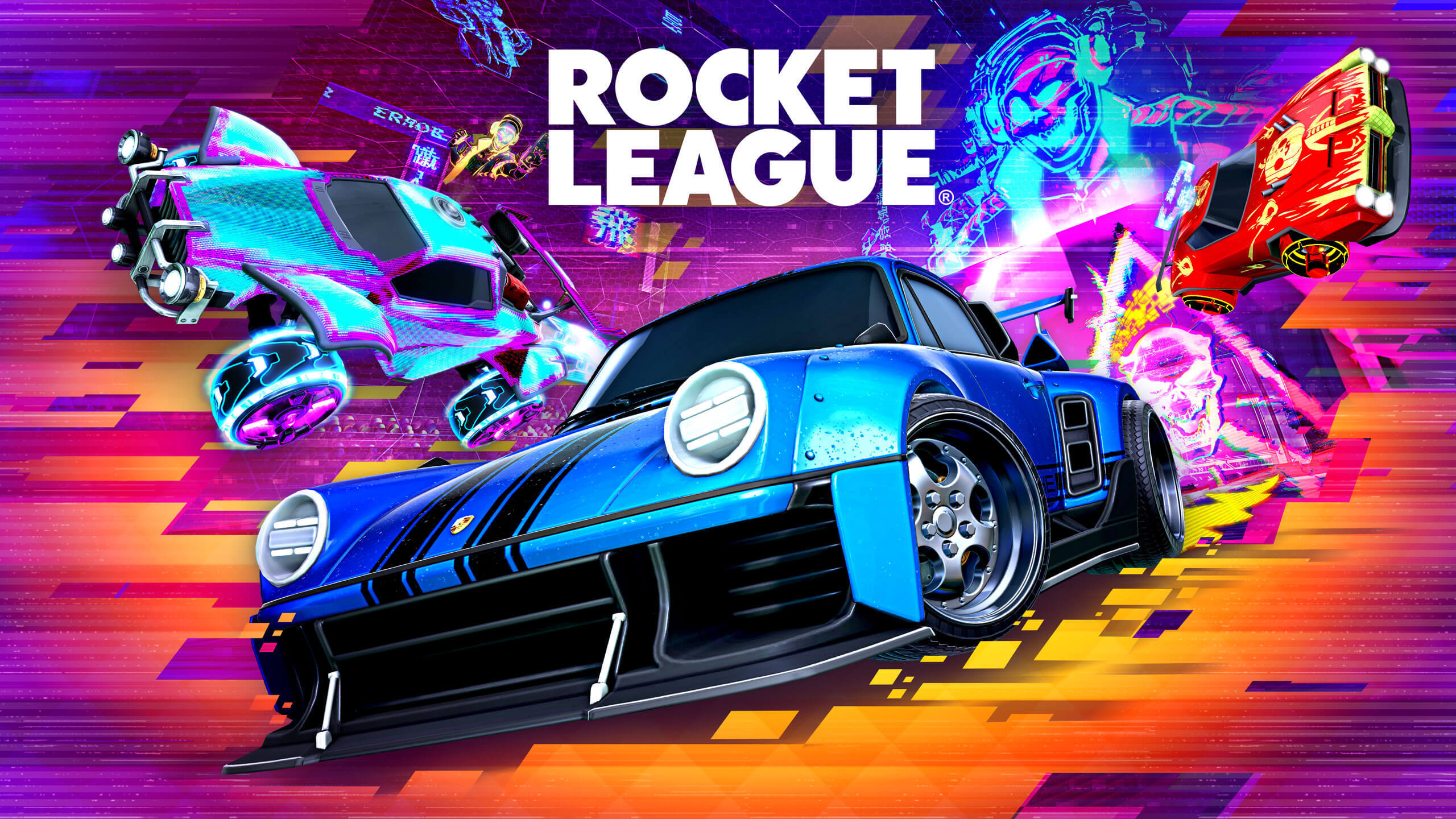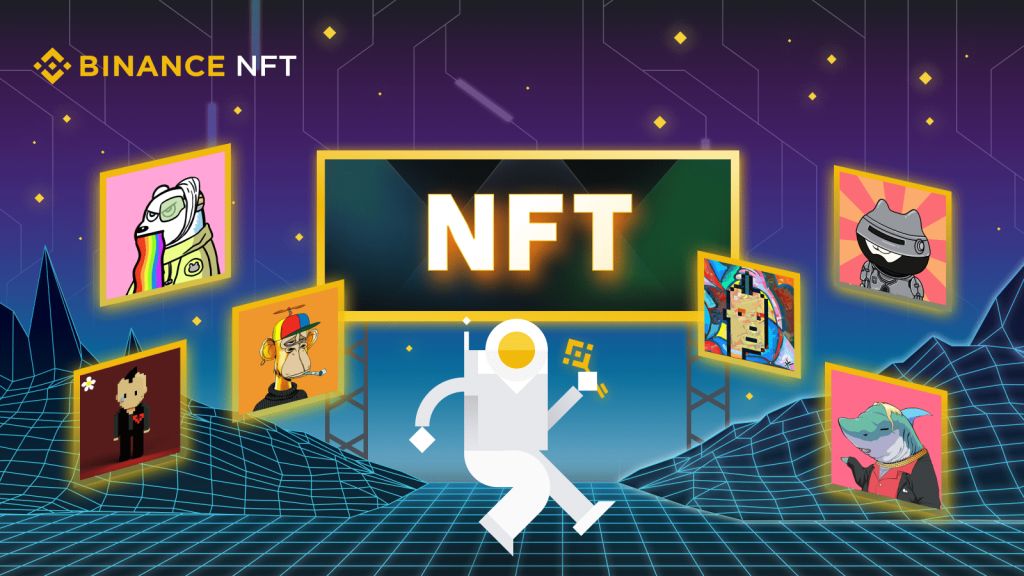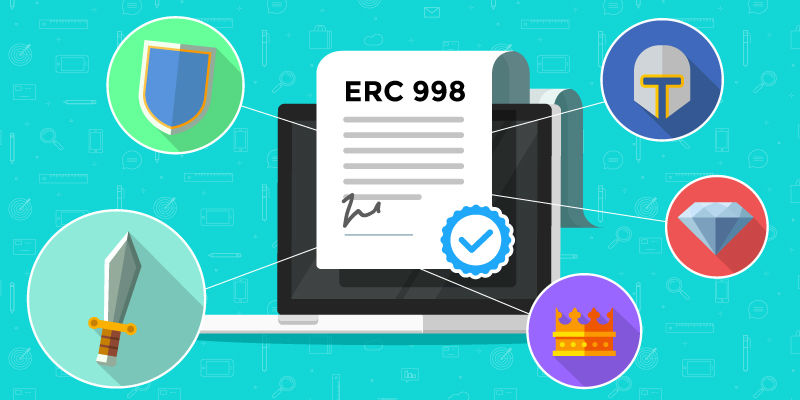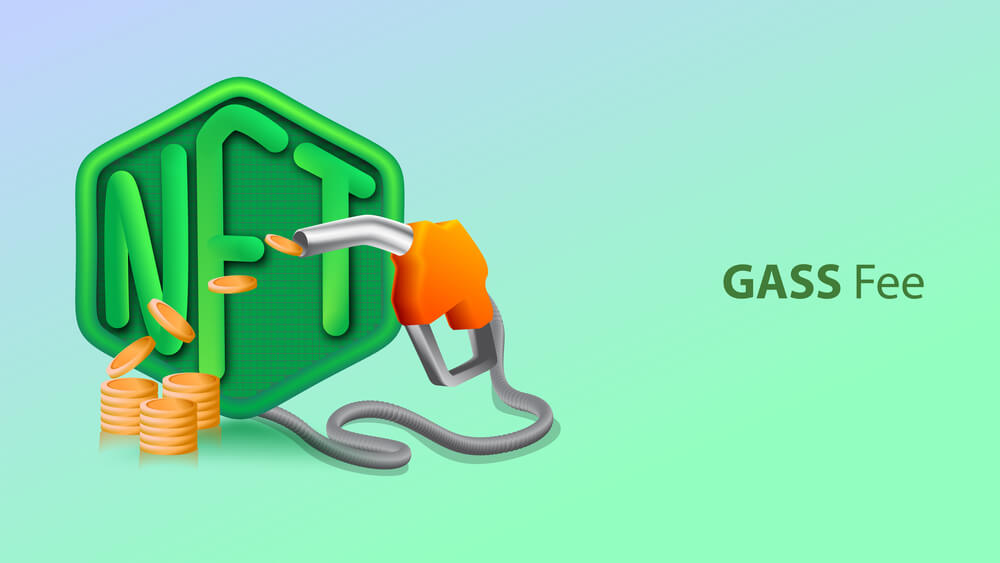The team behind Rocket League, Psyonix, declared recently that item trading within the game will stop on December 5 across all platforms. This decision highlights the growing concern that surrounds closed gaming platforms and their effect on players’ control over in-game assets, an issue non-fungible tokens (NFTs) strive to resolve.
Rocket League’s network lets players buy different items such as unique car models, designs, and multiple accessories using different in-game currencies or via bundles valued in fiat currency. Nonetheless, the upcoming termination of in-game trading threatens to alienate some of its considerable player base, which allegedly stands at 91.5 million monthly players.

The Community Reacted
The reaction from the community was quick and majorly negative, expressed via social media outcries coupled with a Change.org petition. The petition, agitating for the retention of item trading in the game, gained more than 11,200 signatures within one day.
On that note, the negative sentiment arises from the huge investments some of the gamers have made, with thousands of dollars sent into buying rare items via in-game credits.
Citing alignment with Epic Games’ bigger stance on game cosmetics and item shop policies, Psyonix strives to guarantee that items remain non-transferable, non-tradable, and non-sellable. This move mirrors Epic Game’s overarching policy and paves the way for future incorporation, with plans to introduce some Rocket League vehicles into other Epic games, hence boosting cross-game ownership.
The NFT Paradigm: Is It A Potential Solution?
As Psyonix’s decision reignites the discourse on closed gaming networks, the contrasting open network model provided by NFTs gains traction. Non-fungible tokens present a notable mechanism for guaranteeing gamers’ ownership and tradability of in-game assets across different platforms.
On that note, the Rocket League scenario works as a major reminder of the control and flexibility that may be availed via blockchain technology in gaming environments, possibly reducing the occurrence of similar controversies in the future.
With a large segment of the gaming community rallying hard against the trading termination, the current scenario might eventually affect the trajectory of in-game asset management and ownership in the general gaming sector.





